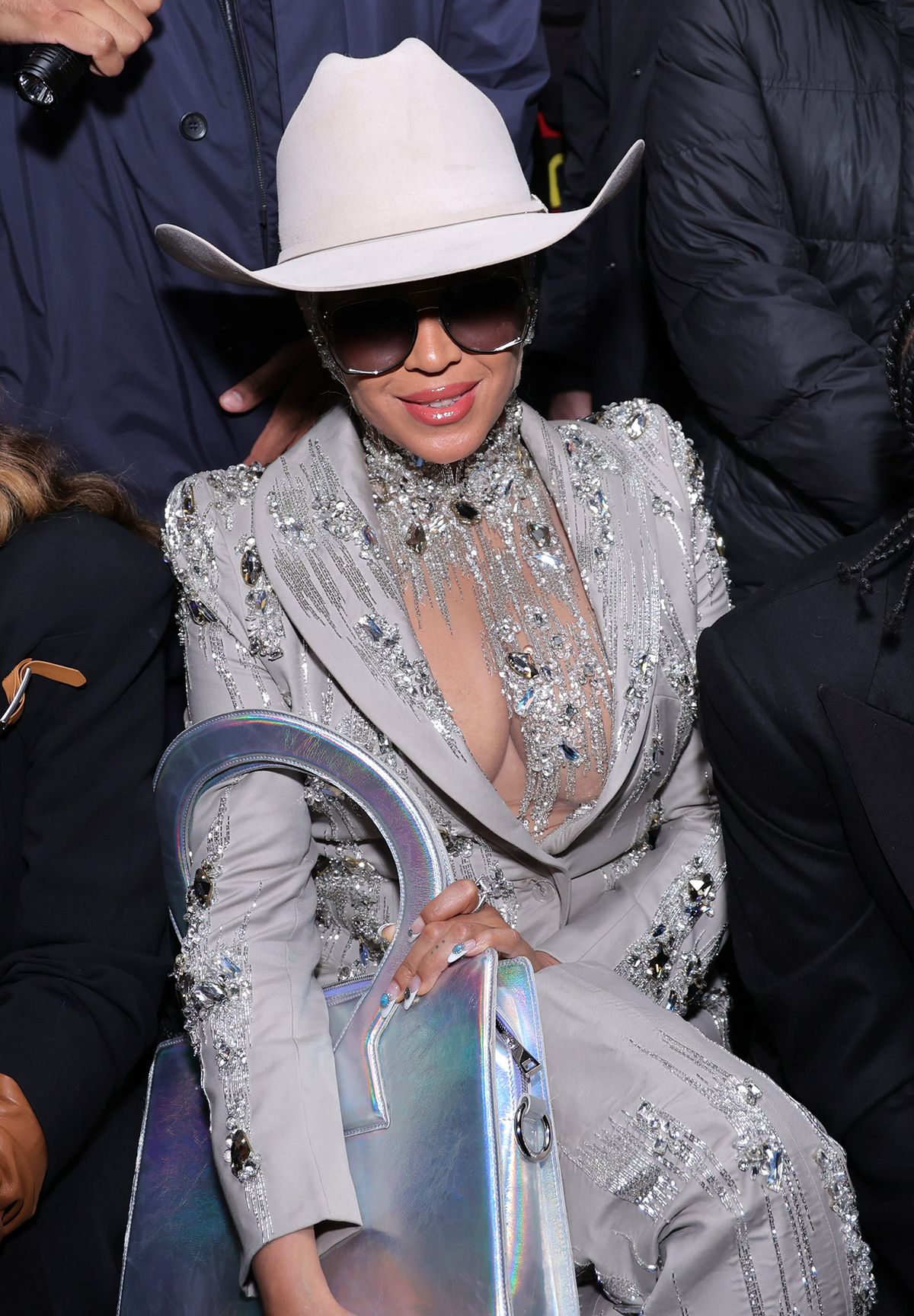The intersection of Black artists and country music has a complex history that reflects broader societal dynamics. Country music, often associated with rural and Southern white culture, has traditionally been dominated by white artists. However, Black musicians have been making significant contributions to the genre since its inception.
Beyoncé’s new country music album highlights the ongoing challenges and debates surrounding race, representation, and identity in the genre. While her presence may unsettle some within the industry, it also underscores the need for greater diversity and inclusivity to ensure the continued evolution and relevance of country music in a rapidly changing world.
Rooted in African American musical traditions such as blues, gospel, and folk, Black artists have played a crucial role in shaping country music. Early pioneers like Charley Pride, DeFord Bailey, and Ray Charles paved the way for future generations by breaking racial barriers and earning recognition within the predominantly white country music industry.
Despite these contributions, Black artists have faced challenges and systemic racism within the country music establishment. Limited opportunities for airplay, lack of representation in mainstream media, and stereotypes about the genre have often marginalized their presence.
Beyoncé’s foray into country music has been met with mixed reactions within the industry. As a highly successful and influential Black artist, her ventures into country music challenge traditional notions of the genre’s identity and audience. Beyoncé’s collaboration with the Dixie Chicks on the song “Daddy Lessons” from her album “Lemonade” sparked controversy and debate about the boundaries of country music.
Some critics argue that Beyoncé’s incorporation of country elements is a natural evolution of the genre, reflecting its diverse roots and influences. They view her involvement as a positive step toward inclusivity and innovation within country music.
However, others contend that Beyoncé’s presence in country music is a form of cultural appropriation or commercial exploitation. They argue that her fame and mainstream appeal overshadow lesser-known Black country artists who have struggled for recognition and acceptance within the genre.
Furthermore, Beyoncé’s success in country music raises questions about the industry’s willingness to embrace diversity and provide equal opportunities for Black artists. Critics argue that the country music establishment often perpetuates a narrow and exclusionary image of the genre, which limits the visibility and success of minority artists.
Despite facing systemic oppression and exploitation under slavery, African Americas played integral roles in shaping the landscape and culture of the American West. Their contributions, often overlooked in mainstream narrative, are increasingly being reconciled and celebrated as essential components of Western History and heritage.
As early as 1850s, African American comprised the majority of cowboys in Texas, playing essential roles in the burgeoning cattle industry of the region.
